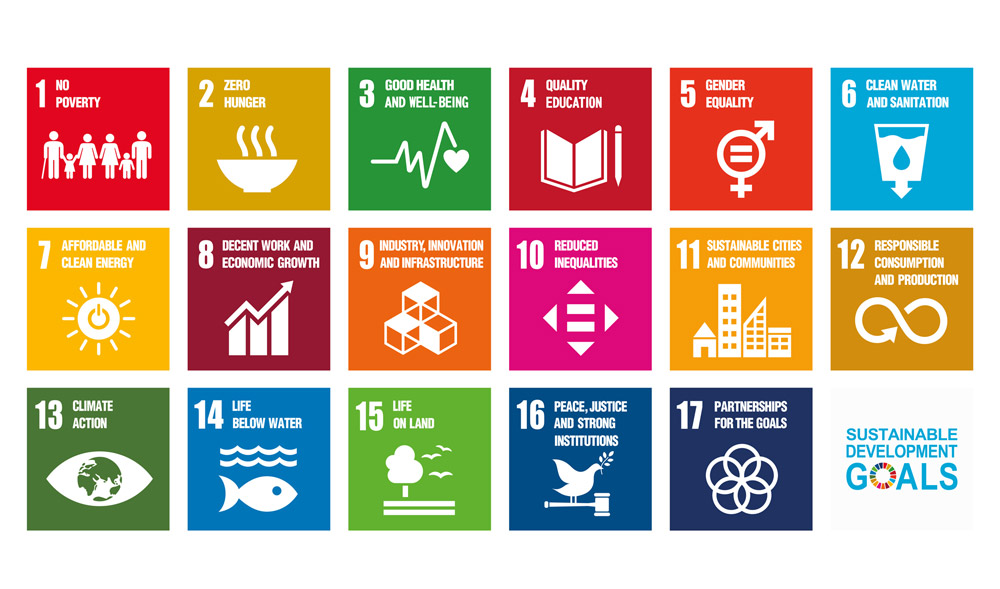Good
To know
My consulting approach for companies and events is based on the 3-pillar model for sustainability.
ECOLOGICAL SUSTAINABILITY
Environmental sustainability focuses on minimizing the environmental impact of events. This can be achieved by using renewable energy sources, reducing emissions and waste, using environmentally friendly materials and promoting recycling.
SOCIAL SUSTAINABILITY
Social sustainability looks at the impact of events on people. This includes promoting equality and diversity, creating jobs and supporting the local economy. Events should also be inclusive and accessible to provide a positive experience for all participants.
ECONOMIC SUSTAINABILITY
Economic sustainability focuses on the financial impact of events. Events should be economically viable while meeting environmental and social objectives. This also includes considering the long-term impact of events on the economy and society.
IMPORTANT SUSTAINABILITY TOPICS

17 SUSTAINABLE DEVELOPMENT GOALS
The 2030 Agenda for Sustainable Development, which was adopted by all 197 UN member states in 2015, is a shared concept for peace and prosperity, for people and the planet. The focus is on the 17 Sustainable Development Goals.

INDUSTRY POSITION OF THE GERMAN TRADE FAIR INDUSTRY ON ECOLOGICAL SUSTAINABILITY
The German trade fair industry is on its way to climate neutrality and is committed to climate neutrality by 2040. The German trade fair industry is also committed to the sustainability goals of the United Nations as guidelines for its own corporate practice and is committed to implementing the following measures as a first step: Trade fairs are part of the solution on the way to a sustainable economy – AUMA

CERTIFICATES AND STANDARDS
There is a jungle of certificates and obligations – a brief overview of the most important seals and certificates can be found here. Certifications for sustainability… (forward.live)
Contact us
Don't wait any longer: make your events more sustainable with us
